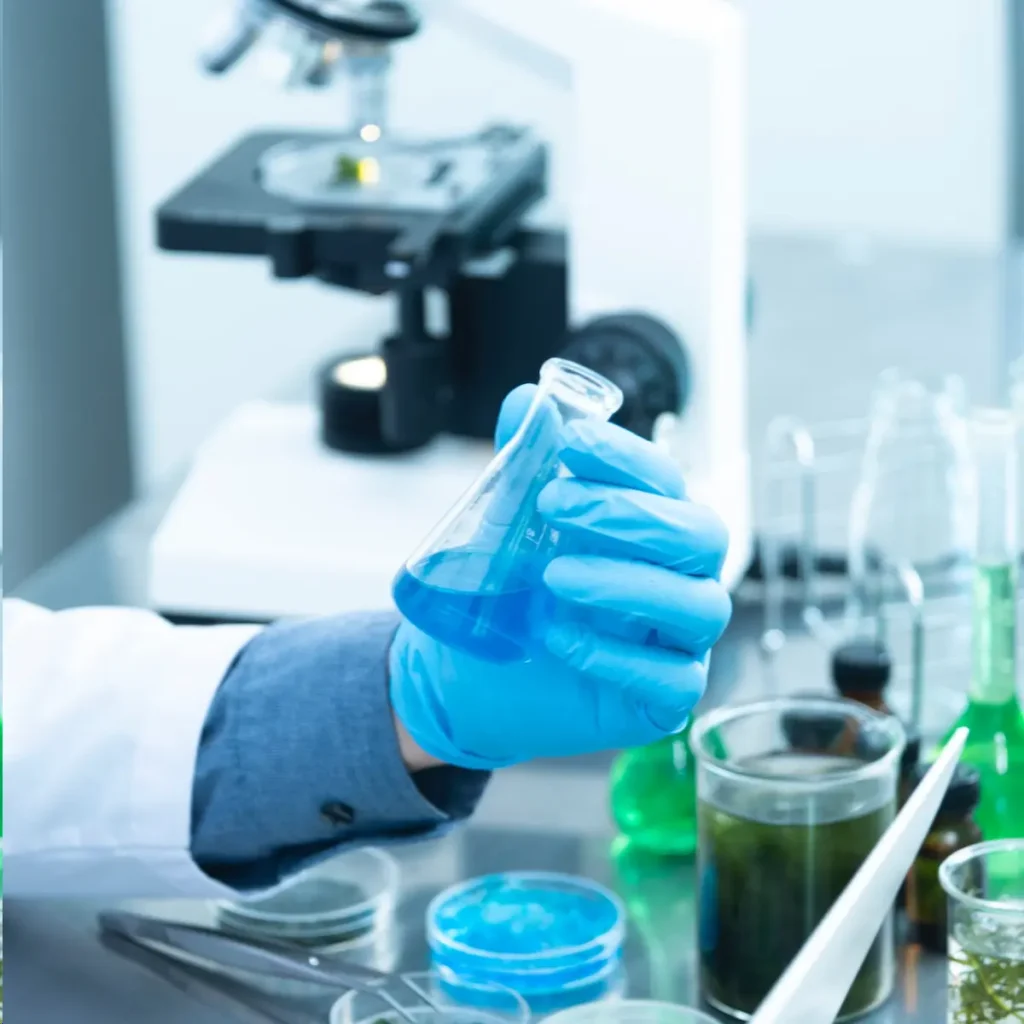
Have you ever noticed how chemical reactions processing and how metabolic reactions happens in our body? these all you can learn from the biochemistry.
How to define biochemistry?
It is a study of chemical process and reactions which are related to living organisms such as plants, animals and microorganisms.
It is a subject which is combine with two scientific words, chemistry and biology. For better understand I’m giving you an example: “How carbohydrate works on body?” so, here the “carbohydrate” is the chemical compound which is related to chemistry. And “works on body” which is related to biology or anatomy. So, I think you got my point.
What are 3 pillars of Biochemistry?
In this subject you will observe that, each and every topic is related these 3 pillars:
- Metabolism.
- Structural biology.
- Enzymology.
We will learn these 3 next articles. But now I will talk about “Biochemist”.
Who is a biochemist?
The person who has expertise and knowledge about biochemistry is called a “Biochemist.” World first modern biochemist was “Carl Alexander Neuberg” (29 July 1877 to 30 May 1956). He was from Germany. He was also called the “father of modern biochemistry.”
A biochemist should have knowledge about molecular biology, immunochemistry, neurochemistry along with organic and inorganic chemistry.
Now, explore the roles of a biochemist:
- The role of a biochemist is to study chemical reactions of substances in living organism.
- To analyze the structure and composition of a chemical substance.
- To analyze, how foods give us energy?
- To determine, what are the symptoms of specific disease.
Where is biochemistry used?
Uses or applications of biochemistry is versatile, such as in medical field, food processing, agriculture etc.
1) Medicine and Health:
Biochemistry helps doctors to understand how our bodies work and how to treat diseases. We use it to make new medicines and treatments for different illnesses.
2) Biotechnology:
It helps us to understand the changes in the genes in plants and animals to make them better, like growing more food or making them stronger.
3) Agriculture:
We use biochemistry in farming to grow crops better and to reduce insect’s attacks and diseases.
3) Food Science:
It’s used to make sure the food we eat is safe and tasty.
4) Nature and Environment:
We use it to clean up pollution and see how it affect the world around us.
5) Nervous system:
It helps us study how our brains and nerves work.
6) Genes and Family:
BioChem helps us understand why we look like our parents and why we get sick sometimes.
Biochemistry plays a crucial role in these main fields, but there are still many other applications to explore. This article will help you to understand the basic of biochemistry.
FAQ’s
Who is the father of biochemistry?
Carl Alexander Neuberg was the father of modern biochemistry.
What is metabolism in biochemistry?
Metabolism is the set of chemical reactions that occur within a living organism.
How to become a biochemist?
You can be a biochemist after the completion a bachelor’s degree program in biochemistry from any authorized university.
What is the main role of a biochemist?
A biochemist can find out the chemical reactions occur in body.
What is structural biology?
Structural biology is the study of the three-dimensional structures of biological molecules (proteins, nucleic acids and lipids).
What is enzymology?
Enzymology is the branch of biochemistry that deals with the study of enzymes.
What is difference between biochemist and chemist?
Biochemists study the chemical processes within living organisms, while chemists investigate a wide range of chemical substances and reactions, even outside of biological systems.
What are the career opportunities of a biochemist?
Biochemists can get a job in pharmaceuticals, biotechnology, healthcare and academic institution. They can conduct research in drugs development or in a diagnostic laboratory.
What is immunochemistry?
Immunochemistry is the study of the immune system and the chemical processes of immune responses.
